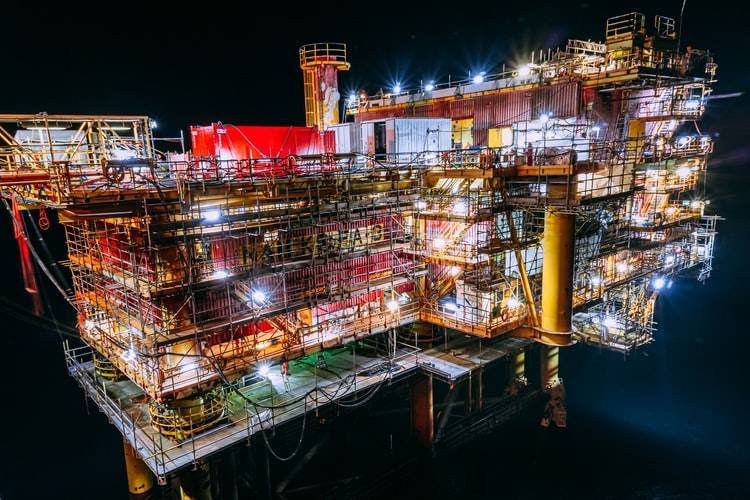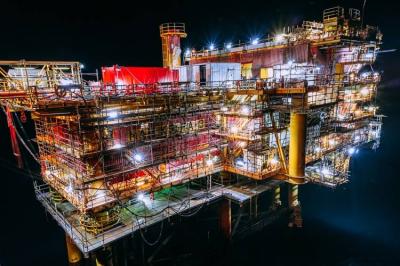Members of the Organization of the Petroleum Exporting Countries (OPEC) in the OPEC+ alliance approved the strategy set in mid-July on Wednesday, by which they will gradually increase output to support the recovery of the global economy severely impacted by the COVID-19 pandemic. The organization stated in a press release published on its website after a meeting held at its headquarters in Vienna on Wednesday that OPEC+ "reaffirms (...) the upward adjustment of total monthly production by 400,000 barrels per day for October."
This decision, which was not surprising to many market observers, is a renewal of the alliance's strategy activated on July 18 to increase production starting in August by 400,000 barrels per day. At this pace, 5.4 million barrels per day that the cartel is not currently extracting are expected to return to the markets by the fall of 2022. OPEC+ stated, "Although the COVID-19 pandemic still creates uncertainty, market fundamentals have strengthened."
Han Tan from the Exinity Group said the increase in production "should also help maintain cohesion among the key members of the alliance by putting an end to the political issues that have plagued the major meetings in recent times."
A Semi-United Front
The market was waiting to see if OPEC+, which has experienced internal disputes historically such as the criticism of the UAE in early summer which it deemed "unjust," would form a united front. Ultimately, Abu Dhabi, which has been demanding an increase in the basis for calculating its share, achieved its goal. It raised its share in line with other countries (Iraq, Kuwait, Saudi Arabia, and Russia) in a correction expected to take effect in May 2022.
Although the short duration of Wednesday's meeting indicates a quickly obtained consensus, Russian Deputy Prime Minister Alexander Novak caused confusion shortly before the meeting began by saying that Russia was able to increase its production beyond the quota set by OPEC+. Interfax reported Novak stating that "Russian oil companies are restoring their production smoothly while meeting their commitments, but they also say they can do so more quickly and in larger volumes."
End of the Buffers
By continuing its prudent strategy, the 23 members will not be able to deviate from analysts' expectations or submit to pressure from Washington. The White House indirectly called for a greater increase in the alliance's production to curb rising prices, which weigh heavily on U.S. fuel prices. U.S. National Security Advisor Jake Sullivan explained on August 11 that cartel members, led by Saudi Arabia and Russia, are not making "enough" efforts to stimulate oil production, which threatens economic recovery and fuel prices.
However, other factors prevailed within the cartel, particularly the spread of the COVID-19 pandemic related to the Delta variant in India in the spring and to a lesser extent in China during the summer.
An additional indicator of the need to avoid rushing an increase in production was that benchmark oil prices ended August declining, only the second time since October 2020. The prices of both Brent North Sea and West Texas Intermediate responded to the OPEC+ decision, declining by about 0.50% around 16:15 GMT. OPEC+ will meet again on October 4, according to the statement.




